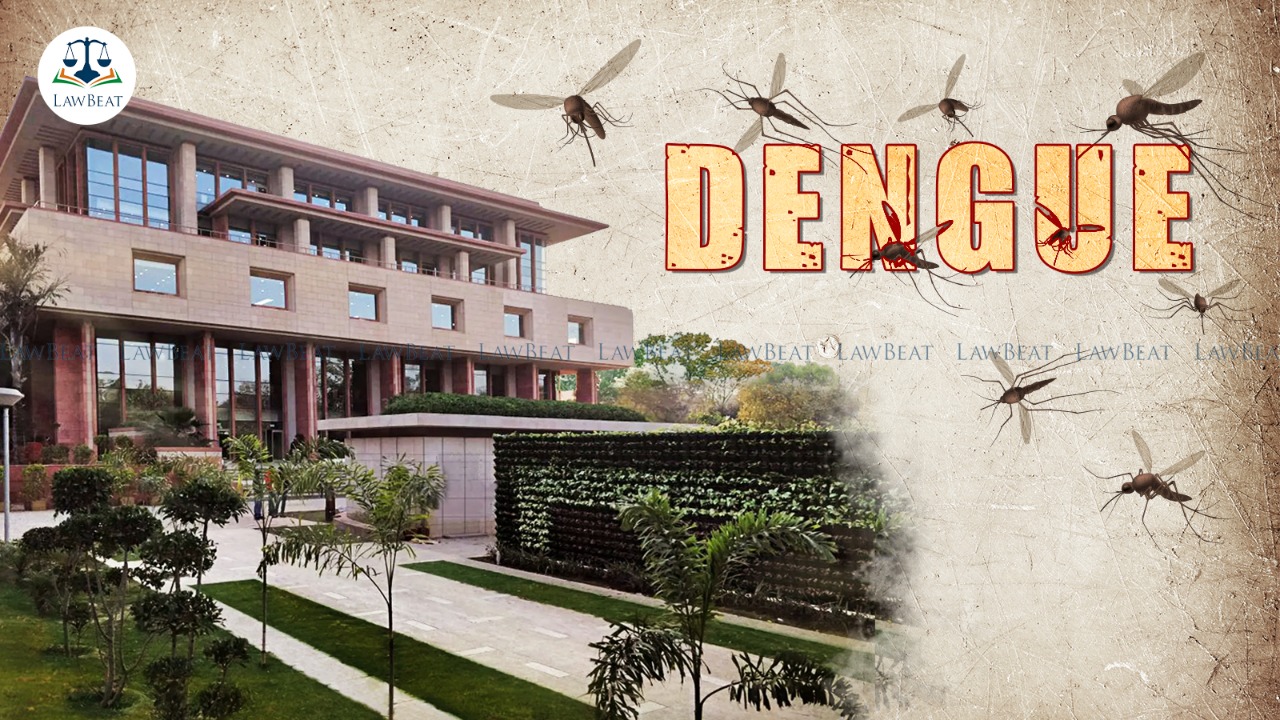Delhi High Court appoints amicus curiae in the matter pertaining to control of Dengue outbreak

The Delhi High Court has appointed Advocate Rajat Aneja as amicus curiae to assist it in a petition for controlling dengue outbreak in the capital city.
The Division Bench of Justice Vipin Sanghi and Justice Jasmeet Singh hearing the matter said that the issue of mosquito breeding needs to be closely monitored by the Court to ensure that the "menace can be checked on a more permanent basis."
Therefore, it said, to "assist the Court in dealing with the menace of large scale breeding of mosquitoes, which results in vector borne diseases such as Malaria, Chikungunya and Dengue every year and causes numerous fatalities every year...it is necessary that the said issue regarding mosquito breeding is monitored closely by the Court so that systems are put in place by all the three Corporations, the New Delhi Municipal Council, the Delhi Cantonment Board, and by the GNCTD."
Therefore it proceeded to appoint Advocate Rajat Aneja as amicus in the matter.
The bench was dealing with a petition filed by South Delhi Municipal Corporation (SDMC) assailing Delhi Government's decision, directing retrospective recovery of grants in aid on the SDMC and other local bodies with effect from April 1, 2016, as being arbitrary and void.
Earlier, stressing that its earlier directions regarding controlling of vector-borne diseases like dengue, malaria, and chikungunya in the national capital had fallen on deaf ears, the Delhi High Court had reprimanded municipal corporations of Delhi.
The Court had observed that it appeared that no progressive steps are being taken by the municipal corporations on the ground to tackle the issue of dengue.
It stated that with it has been a pattern since the last 15-20 years that after monsoons, there is a surge in vector-borne diseases, and said that it is at pains to understand what is happening.
It further asked how it could be that every year dengue is increasing. It also said that it does not appear that the city corporation is understaffed.
"In fact you may be overstaffed," Court said.
It went on to remark that it is obvious that the Corporation's checkers, breeders are not going on the ground to do something for fighting the diseases of this kind, adding that perhaps the Corporation's employees are just marking their attendance and getting paid.
Therefore, to deal with the issue, the Court had appointed the Municipal Commissioner of Delhi Municipal Corporation as the Nodal Officer for calling and conducting a meeting that was to be convened with the Chairpersons of all the corporations, New Delhi Municipal Corporation (NDMC) and the Chief Executive of Delhi Cantonment Board within one week from the date of hearing.
The Court had also asked the counsel appearing on behalf of SDMC to give the Court clarity as to the number of people looking into the dengue pandemic and about SDMC's plan to deal with the same through an affidavit disclosing the steps taken on the ground in order to control the surge in vector borne diseases.
The Court had also directed SDMC to place on record steps taken about the geotagging of employees and marking of biometric attendance, an issue which was earlier highlighted by the bench.
Cause Title: SDMC vs GNCTD
